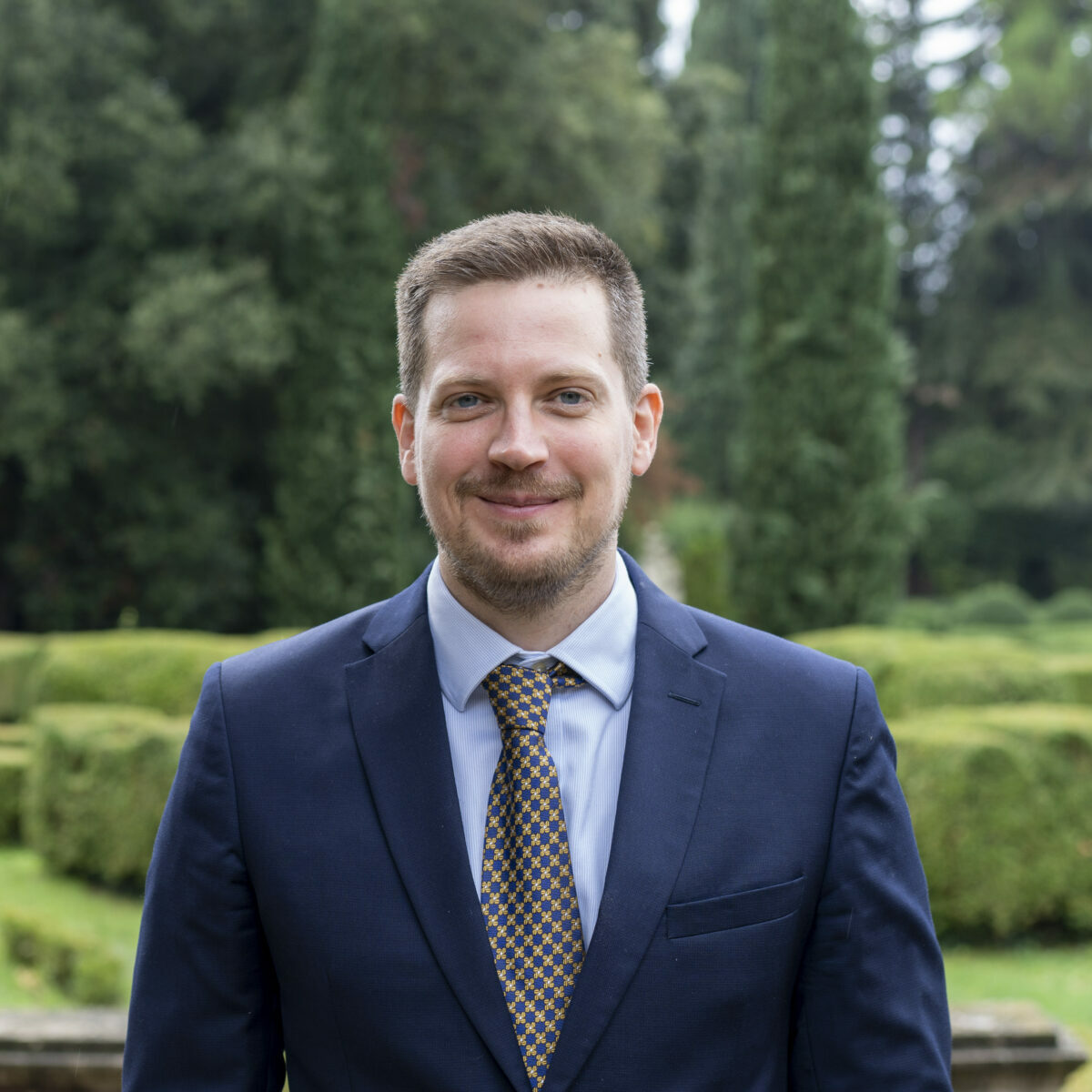Licensing Standard Essential Patents: FRAND and the Internet of Things
Igor Nikolic’s book, Licensing Standard Essential Patents: FRAND and the Internet of Things, examines the evolution of policies, legal framework, and disputes related to standard-essential patents (SEPs) for cellular technologies – from early mobile phones, to smartphones and tablets using 3G and 4G functionalities, to the latest 5G standard and spread of connectivity to other industry sectors, such as the Internet of Things.
The licensing framework—based on a commitment to offer a license to SEPs on fair, reasonable, and non-discriminatory (FRAND) terms—was developed to ensure a balance between two objectives: on the one hand, reliable and fast implementation of standards and, on the other, ensuring adequate returns on innovation for patent owners that contribute their technologies to industry standards. However, over time, novel concepts such as hold up (SEP owners opportunistically extracting excessively high royalties), hold out (implementers avoiding and delaying licensing), and royalty stacking (high cumulative royalties for a standard), have made their way into the policy discussion, and seemingly signaled market failure in the telecommunications industry. These concepts have impacted the legal interpretation of FRAND commitment, the application of competition law, and the available remedies for the infringement of SEPs.
This book provides a comprehensive, evidence-based, and systematic guide to the SEP legal licensing framework after almost two decades of evolving case law, scholarship, and policy debates. In particular, the book includes the analysis of: i) the nature of FRAND commitment; ii) the application of competition law to the SEP owners’ conduct; iii) the normative views on the appropriate FRAND rate and practical methodologies for calculation (including a discussion about the royalty base); iv) the interpretation of the non-discrimination element of a FRAND commitment; v) the point of licensing in the production chain, and vi) remedies available against infringers of SEPs. These issues have been subject to diverging normative interpretations of how the law should be interpreted, but rarely have they been analysed from a doctrinal perspective of what the law actually requires.
The book also looks at the use of the 5G standard in IoT and asks what, if anything, needs to change in the SEP licensing framework to accommodate newly connected industries. It examines recent proposals, such as the discussion about the need to increase the transparency of SEP exposure (by requiring more specific SEP disclosure and third-party essentiality tests), setting-up specialised arbitration tribunals for FRAND disputes, and increasing standard’s price transparency. It also evaluates whether patent pools, such as a collective private ordering mechanism, can increase efficiency, predictability, and stability in SEP licensing.
With its detailed explanation of the legal licensing framework, the book is intended to serve as a useful guide to lawyers, policymakers, and academics. An accurate understanding of the past may reduce litigation and uncertainty in 5G’s future.

Igor Nikolic
Contributor


How Most-Favored Nation Policy Could Undermine U.S. Leadership
